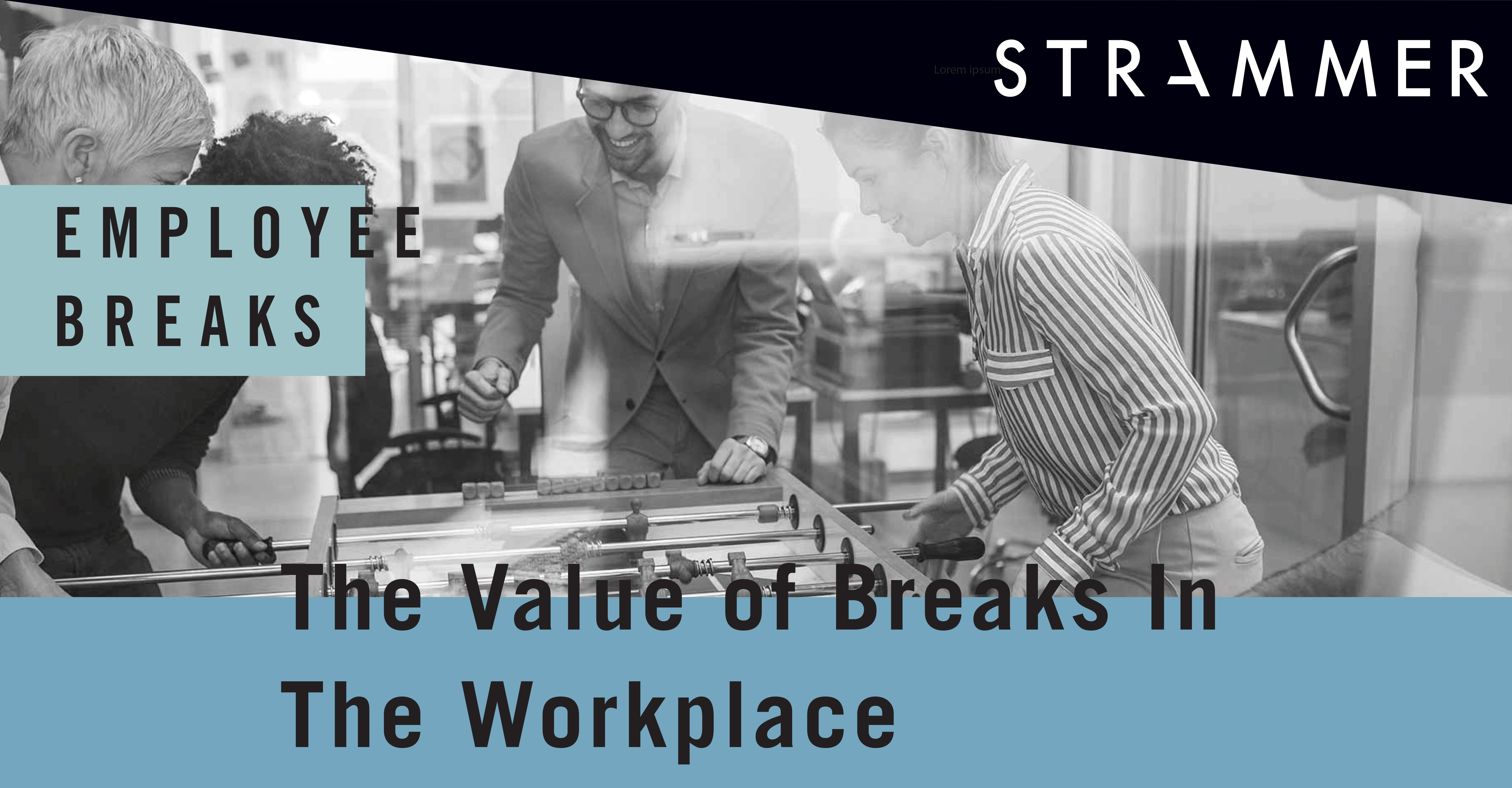The Work Break Value
When at work, we all want to be as effective and productive as we possibly can. To reach this goal, people do extra hours, skip lunchtime or even use their leisure time to work. But contrarily to what we may think, work breaks end up being way more profitable for productivity. By nature, the human mind works at its highest level for around 1 hour. After that, for the following 15 to 20 minutes, there is a decrease in the level of energy.
Working on the same task during a long period can be prejudicial for productivity and performance. Some defend that working intensely and doing small breaks, is a great way to resolve the fact that we cannot be focused 100% of the time. Several studies have been conducted to understand which way is more profitable to organise our breaks at work.
A first one, conducted by the Draugiem Group, in 2014, showed that workers with higher productivity worked intensely for 52 minutes and did a 17 minutes break while in another study, researchers defend that the Pomodoro Technique is the most effective way to do breaks. This technique was invented by Francesco Cirillo in the 1980’. It consists of doing 5-minute breaks every 25 minutes and taking a larger break every two hours to avoid being interrupted by anything. A sleep researcher, Nathan Kleitman, discovered that our body has peaks of high frequency of brain activity for 90 minutes, before decreasing for 20 minutes, so for him, we should apply this on our daily life, to be more productive.
Regardless of which technique is used to schedule breaks, there is another thing we should focus on: what do we do during these breaks? Effective breaks allow you to reset which implies a total disconnection from the work you were doing. To do so, employees can read, have a coffee break, meditate, nap, talk to each other… However, it was showed that using your phone is counterproductive.
Another survey from StepStone (2019), focusing on lunch breaks showed that Belgian employees take the shortest lunch breaks compared to their European counterparts: an average of 22 minutes. Because of excessive workload, 49% to 60% of European employees shorten their lunchtime while they would actually have more energy and more productive if they took a proper one.
We must fight the stigma that breaks at work are a sign of laziness. According to EU directives, breaks are mandatory. Companies need to encourage their employees to take breaks as it is very important for their physical and mental well-being. It will improve productivity, creativity and focus.
References:
- For the Most Productive Workday, Science Says Make Sure to Do This, March 2019, Inc.
- Belgian workers take the shortest lunch break in Europe, study shows, August 2019, The Brussels Times
- Taking a mental break from work? Don’t check your phone, study shows, August 2019, FMT news
- Give them a break: Studies show workers who stop for lunch have more energy and are more productive, September 2019, LVB.com
- Working hours, August 2019, EUROPA
- The Science of Taking Breaks at Work: How to Be More Productive By Changing the Way You Think About Downtime, August 2017, Buffer





